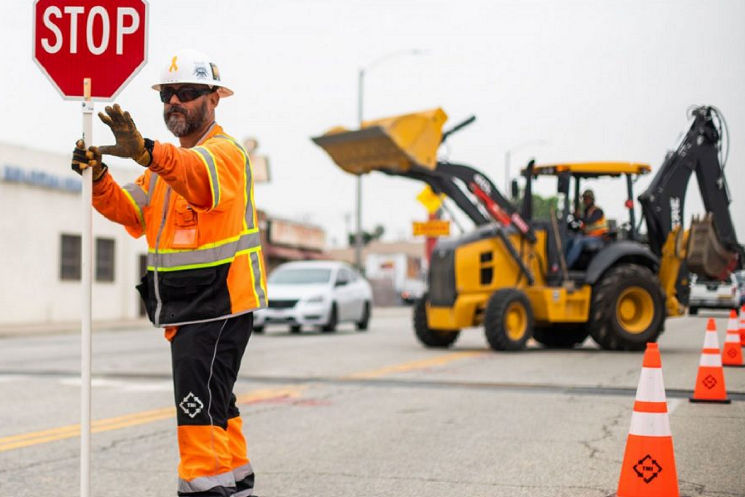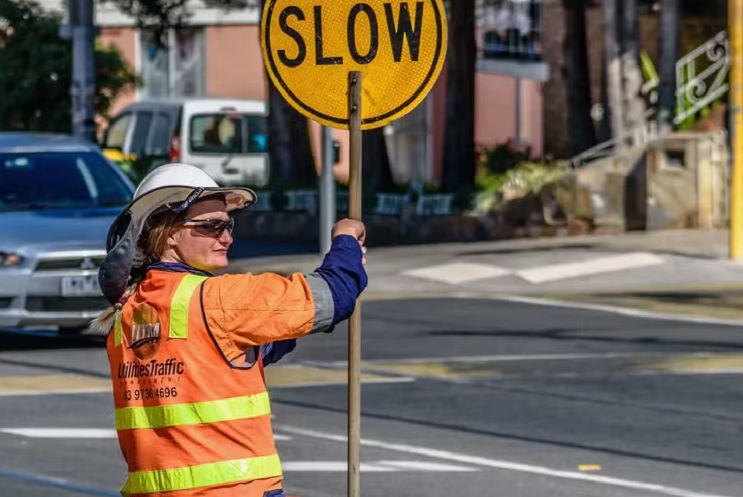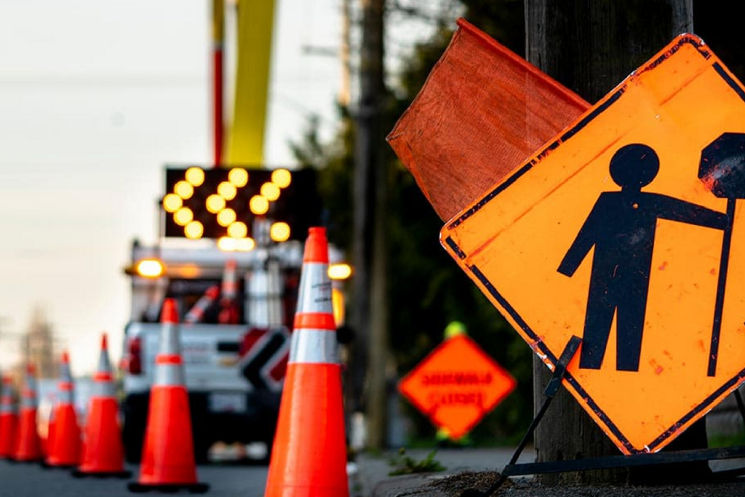Core Training Components
Professional traffic controllers must complete a rigorous traffic controller course that covers both theoretical knowledge and practical skills. The curriculum typically spans several key areas, including hand signalling techniques, communication protocols, and emergency response procedures. Students learn to interpret and implement traffic control plans while maintaining constant situational awareness.

Safety remains the paramount concern throughout the training process. Controllers must master the proper use of personal protective equipment (PPE), understand workplace health and safety regulations, and learn to identify potential hazards before they become dangers. This includes managing risks associated with adverse weather conditions, aggressive drivers, and equipment failures.
Technical Knowledge Requirements
Modern traffic controllers need a thorough understanding of traffic control devices and equipment. This includes proper placement of signs, barriers, and cones, as well as the operation of electronic signalling devices. Training programs emphasize the importance of understanding sight lines, stopping distances, and traffic flow patterns to optimize safety and efficiency.

Digital technologies have become increasingly important in traffic management. Controllers now receive training in computerized traffic management systems, mobile communication devices, and real-time monitoring equipment. This technological integration helps controllers make more informed decisions and respond more quickly to changing conditions.
Communication and Conflict Resolution
Effective communication stands as a cornerstone of successful traffic control. Training programs dedicate significant time to developing both verbal and non-verbal communication skills. Controllers learn to convey clear, unambiguous instructions to motorists while maintaining professional composure under pressure.
Conflict resolution training plays a vital role in preparing controllers for challenging situations. They must learn to handle confrontational drivers, manage public frustrations during delays, and coordinate with emergency services during critical incidents. Role-playing exercises help develop these essential interpersonal skills.

Legal and Regulatory Framework
Understanding the legal aspects of traffic control is essential for professional practice. Training covers relevant transportation laws, workplace safety regulations, and liability issues. Controllers must learn their legal responsibilities and limitations, including proper documentation procedures and incident reporting requirements.
The regulatory framework varies by jurisdiction, requiring controllers to stay current with local requirements and best practices. Many regions mandate regular recertification to ensure controllers maintain their knowledge and skills at the highest level.
Practical Experience and Assessment
Theoretical knowledge must be complemented by hands-on experience. Training programs incorporate extensive practical exercises in controlled environments before advancing to supervised field experience. This progression allows trainees to build confidence while developing crucial muscle memory for emergency responses.

Assessment methods combine written examinations, practical demonstrations, and ongoing performance evaluations. Trainees must demonstrate proficiency in all core competencies before receiving certification. This rigorous assessment process helps maintain high standards within the profession.
Specialized Training Requirements
Different work environments require specialized training modules. Controllers working in construction zones need additional knowledge of construction safety protocols and equipment operation. Those managing events must understand crowd dynamics and emergency evacuation procedures. Airport traffic controllers require specific training in aircraft movement patterns and aviation safety regulations.
Career Development and Advancement
Professional development continues beyond initial certification. Experienced controllers can pursue advanced qualifications in traffic management planning, team supervision, and incident investigation. This ongoing education creates career advancement opportunities while improving overall traffic management capabilities.
In Summary
The comprehensive nature of traffic controller training reflects the profession's critical role in public safety and infrastructure development. As transportation systems become more complex, the importance of well-trained traffic controllers continues to grow. Their expertise ensures the safe and efficient movement of vehicles and pedestrians in increasingly challenging environments.
Bio

Sarah Mitchell is a dedicated and experienced trainer at Upskills Qld, specializing in delivering comprehensive traffic control training programs. With over 10 years of industry experience, Sarah began her career as a recruitment manager, working on major infrastructure projects across Queensland.
